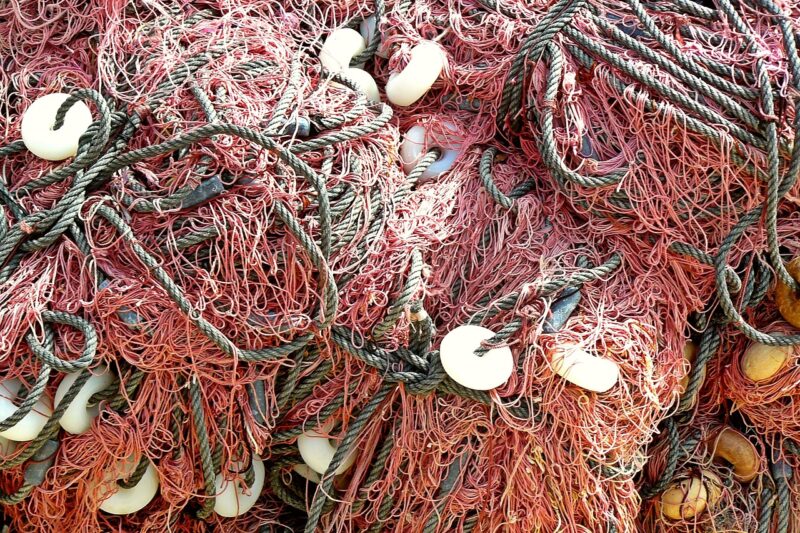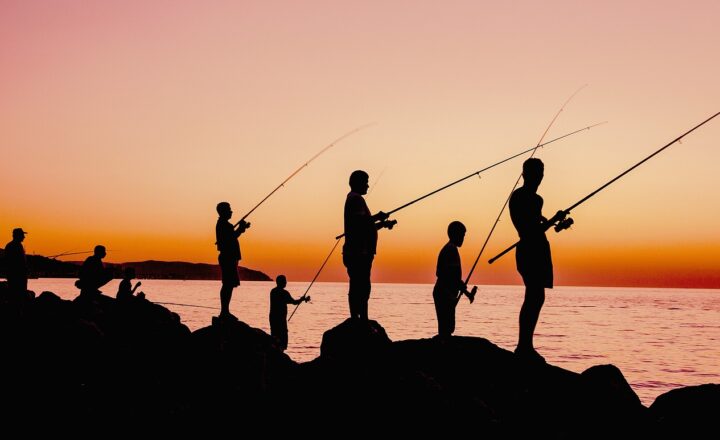Exploring the Impact of Overfishing on Ancient Sea Creature Populations
November 15, 2024

Overfishing is a critical issue that has severe repercussions not only on modern ecosystems but also on the ancient sea creatures that have roamed the oceans for millions of years. As human demands for seafood escalate, we’re not just depleting current fish stocks; we’re also jeopardizing the future of marine biodiversity, which has evolved over time into complex networks of life forms. This article delves into how overfishing affects ancient sea creature populations, examining the ecological, cultural, and economic implications.
1. Understanding Overfishing and Its Causes
Overfishing refers to the practice of catching fish at a rate greater than they can reproduce, leading to the depletion of fish stocks. A variety of factors contribute to overfishing, including:
- Technological Advances: The development of sophisticated fishing gear and techniques has made it easier to capture larger quantities of fish, often indiscriminately.
- Economic Incentives: The demand for fish as a food source propels the fishing industry to maximize their catch, often disregarding sustainability practices.
- Lack of Regulations: In many regions, insufficient laws and enforcement allow commercial fisheries to overexert their influence on marine populations.
As a result, this unsustainable fishing practice poses a threat not only to contemporary fish populations but also to ancient species that are integral to marine ecosystems, some of which have existed for tens of millions of years.
2. The Role of Ancient Sea Creatures in Marine Ecosystems
Ancient sea creatures, such as sharks, rays, and certain species of bony fish, play crucial roles in maintaining marine biodiversity and ecosystem health. Their contributions include:
- Trophic Structures: As apex predators, ancient sea creatures help regulate fish populations, ensuring balance within the ecosystem.
- Habitat Maintenance: Many ancient species contribute to the structure of underwater habitats, such as coral reefs and seagrass beds, which are vital for juvenile marine life.
- Nutrient Cycling: Through their natural behaviors, these creatures facilitate nutrient distribution, promoting the health of smaller marine organisms.
In sum, the loss of ancient sea creatures disproportionately affects the entire marine ecosystem, leading to a cascade of detrimental effects.
3. Historical Context: Ancient Fishing Practices
To truly understand the impact of overfishing on ancient species, we must first explore traditional fishing practices. Historically, many cultures have engaged in sustainable fishing practices that preserved fish populations by observing natural cycles and respecting breeding seasons. However, as demand surged in the 20th century, those systems were often disregarded. This shift led to:
- Population Declines: Ancient species that were previously abundant found themselves facing sharp declines as modern fishing techniques took precedence.
- Erosion of Cultural Knowledge: As industrial fishing replaced traditional methods, generations of indigenous knowledge related to ecology and responsible fishing practices began to vanish.
Understanding these historical perspectives can inform current conservation efforts and elevate the importance of restoring ancient practices that sustain marine life.
4. Consequences of Overfishing on Ancient Species
The most direct impact of overfishing on ancient sea creature populations is their population decline and potential extinction. Some of the significant consequences include:
- Loss of Genetic Diversity: A shrinking population diminishes genetic variation, weakening species resilience to diseases and environmental changes.
- Ecosystem Instability: The decline of apex predators like sharks can disrupt entire food webs, leading to surges in smaller fish populations and subsequent depletion of their prey.
- Cultural Disconnect: Many ancient sea creatures hold cultural significance for coastal communities. Their decline can result in a loss of heritage and identity for these populations.
Effective management is critical in preventing irreversible losses and promoting the recovery of these vital marine organism populations.
5. Global Efforts to Combat Overfishing
In response to alarming trends of overfishing, global initiatives have been implemented aimed at reclaiming marine sustainability. Some key initiatives include:
- Ocean Management Policies: Various countries have begun to enforce stricter regulations regarding fishing quotas and seasons to allow fish populations to recover.
- Marine Protected Areas (MPAs): Designating areas where fishing is restricted or prohibited helps to create safe havens for ancient species.
- Public Awareness Campaigns: Educating consumers about sustainable seafood choices empowers them to make informed decisions that support marine conservation.
These collective actions are necessary to bolster ancient sea creature populations and ensure a more sustainable future for our oceans.
6. Conclusion: A Call to Action
The impact of overfishing on ancient sea creature populations is a compelling reminder of our interconnectedness with the oceans. Preserving marine ecosystems requires concerted efforts from governments, organizations, and individuals to champion sustainability and conservation. By taking responsibility and advocating for the health of our oceans, we ensure the survival of these ancient sea creatures that have thrived for millions of years, and protect the future of marine biodiversity.
We each play a role in this narrative, and it’s crucial to make conscious choices that empower marine life and promote sustainable practices. Together, we can turn the tide against overfishing and secure a vibrant future for the incredible creatures of our oceans.








